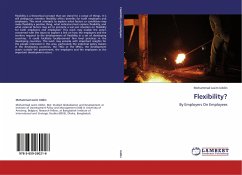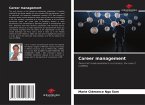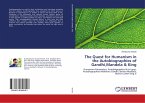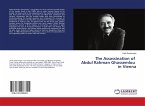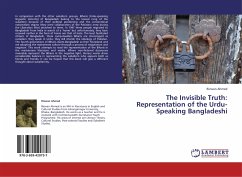Flexibility is a theoretical concept that can stand for a range of things. It is still ambiguous whether flexibility offers benefits for both employers and employees. This work attempts to explore what factors or conditions may make flexibility a positive thing, what indicators best capture flexibility, and what external factors may act to promote a win-win situation on flexibility for both employers and employees? This work may enable the actors concerned with the issues to explore a link on how the employers and the workers respond to the developments of flexibility in a set of developing countries. It could facilitate locally-owned firm level practices in the developing countries. This work may provide with important insights for the people interested in this area, particularly the industrial policy makers in the developing countries, the TNCs or the MNCs, the development actors outside the government, the employers and the employees as the important development actors.
Bitte wählen Sie Ihr Anliegen aus.
Rechnungen
Retourenschein anfordern
Bestellstatus
Storno

